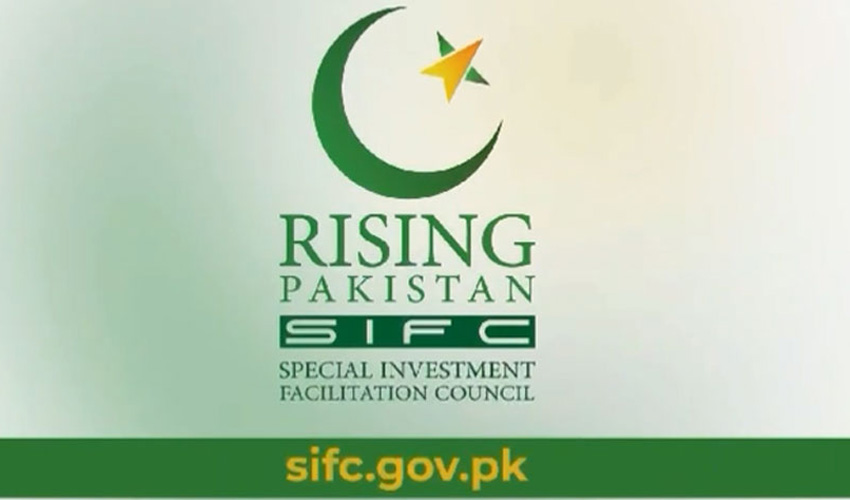As part of efforts to fulfil another condition set by the International Monetary Fund (IMF), Pakistan is set to introduce a tagging system for climate, gender, and Sustainable Development Goals (SDG) projects in the new budget.
This initiative, as part of ongoing efforts to fulfil the IMF's requirements, aims to enhance transparency and accountability in the utilization of development funds allocated to these sectors.
The tagging system, which is currently under development, will enable the government to closely monitor and track the progress of projects related to climate action, gender equality, and the attainment of SDGs. By implementing this system, Pakistan seeks to ensure that allocated funds are utilized effectively and efficiently to achieve the desired developmental outcomes.
The tagging system will be implemented for poverty alleviation, labour, education, health, youth development projects, as per sources.
According to sources from the Ministry of Finance, the tagging system will not only facilitate direct reporting of development projects to the IMF, but will also enable the ministry to get timely information on the utilization of funds disbursed to various ministries.
This move is aimed at enhancing financial management and oversight, thereby promoting responsible utilization of public funds.
Furthermore, under the new tagging system, relevant ministries will be required to adhere to strict guidelines regarding the utilization of allocated budgets. Ministries will not be able to submit new funding demands until the allocated budget for existing projects is fully utilized, the sources added.
The IMF has set a deadline until the next budget to implement the tagging system. Failure to comply with this requirement could impact Pakistan's new loan program with the IMF, emphasizing the importance of timely implementation.
The new loan program with the IMF will also include the condition of implementation of the tagging system, according to the Finance Ministry sources.


























